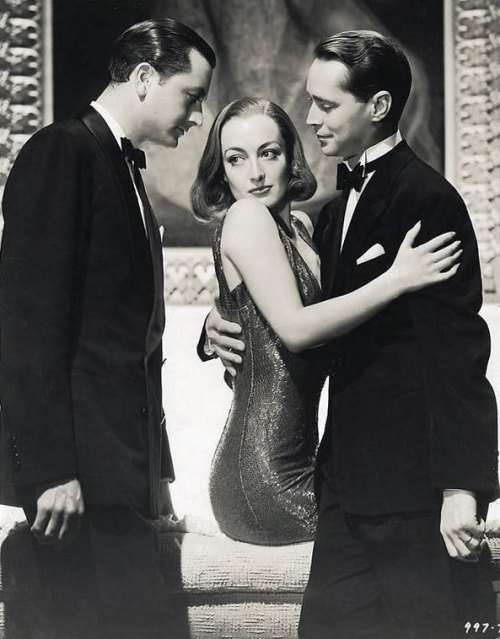 Gillian (Kim Novak) is a bored witch who longs to experience "normal" life. Especially after running into her neighbor Shep (James Stewart). Despite her aunt's attempts to persuade her to use magic to make Shep hers, Gillian is adamant that she will not mess with his life. She holds strong only until she realizes that he is about to marry her college nemesis. A little humming to her cat, and Shep falls madly in love with Gillian. Drama ensues. Would he really love her without tricks? Is he really going to publish a book that exposes witches as real? Is her warlock brother (played by Jack Lemmon) really providing the author of the book with information? Will anyone forgive her for stopping the book from being published? Will Shep still love her if she tells him the truth about herself? Will she ever learn to cry? And the drama goes on...
Gillian (Kim Novak) is a bored witch who longs to experience "normal" life. Especially after running into her neighbor Shep (James Stewart). Despite her aunt's attempts to persuade her to use magic to make Shep hers, Gillian is adamant that she will not mess with his life. She holds strong only until she realizes that he is about to marry her college nemesis. A little humming to her cat, and Shep falls madly in love with Gillian. Drama ensues. Would he really love her without tricks? Is he really going to publish a book that exposes witches as real? Is her warlock brother (played by Jack Lemmon) really providing the author of the book with information? Will anyone forgive her for stopping the book from being published? Will Shep still love her if she tells him the truth about herself? Will she ever learn to cry? And the drama goes on...
One star. I'm not sorry I watched it, but it did not quite help me to forget that I was running a 99.9 degree fever, and I really don't need to see this again. I did learn that after making this movie James Stewart asked not to be paired with young starlets as romantic interests anymore. It was starting to feel creepy. Good for him. This is a lesson that Cary Grant never learned. The movie also made me reminisce about Veronica Lake's funny I Married a Witch (1942). I would definitely see that again.





































